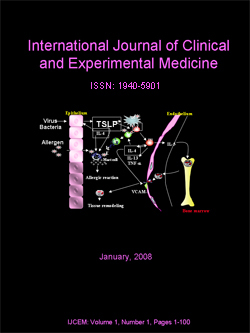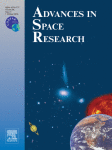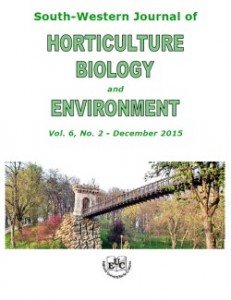 A paleontology journal has retracted a recent paper after discovering it had published the uncorrected version of the manuscript.
A paleontology journal has retracted a recent paper after discovering it had published the uncorrected version of the manuscript.
The mistake occurred after the authors submitted revisions to the manuscript without tracking the changes, prompting the publisher to believe nothing had been changed and publishing the previous version. The journal initially told the authors it planned to publish an erratum that described the mistake as a production error, but then retracted the paper—seemingly without consulting the authors. However, the authors said they were happy with the outcome.
Glenn Brock, an author on the Journal of Paleontology paper, told Retraction Watch: Continue reading “GOOD NEWS!…we were able to retract your article:” Journal
 Here’s a head-scratcher: A 2017 paper examining why long space flights can cause eye damage has been taken down, with a brief note saying NASA, which sponsored the research, asked for the retraction because of “security concerns.”
Here’s a head-scratcher: A 2017 paper examining why long space flights can cause eye damage has been taken down, with a brief note saying NASA, which sponsored the research, asked for the retraction because of “security concerns.” Two journals are retracting papers published by researchers affiliated with Children’s Hospital Los Angeles (CHLA).
Two journals are retracting papers published by researchers affiliated with Children’s Hospital Los Angeles (CHLA).  Sometimes we come across a real head-scratcher.
Sometimes we come across a real head-scratcher.
 Climate scientists from the U.S. Department of Agriculture have withdrawn a study they wrote under eyebrow-raising pseudonyms.
Climate scientists from the U.S. Department of Agriculture have withdrawn a study they wrote under eyebrow-raising pseudonyms.
 A journal has retracted a paper for a somewhat unusual reason — and swapped the article with an entirely new paper by different authors.
A journal has retracted a paper for a somewhat unusual reason — and swapped the article with an entirely new paper by different authors.